The inhabitants of Al Ula recount this ancient story of the affectionate bond between the farmer and the palm tree. One day, a farmer had a dispute with one of his palm trees. He challenged the tree and said: “I will not water you ! ” The palm tree replied that it will not die even if he did not water her. Then he told her that he would not do grafting and the palm tree again replied that she would not die. As last the farmer told her that he would not come to visit her again and the …
Author: duygubruce
Music is the mediator between the life of the senses and the life of the spirit. – Beethoven “We surrender to music when we listen to it – we allow ourselves to trust the composer and musician with a part of our hearts and our spirits. We let the music take us somewhere outside ourselves. The power of music is that it can connect us to one another, and to larger truths about what it means to be alive and what it means to be human. That is how we are moved by music, ” writes Daniel J. Levitin in …
By believing oneself to be the master of one’s thoughts, one becomes so. “Before you treat someone, ask if they are willing to give up the things that make them sick,” advised Hippocrates (c. 460-370 BC). Since age-old times, philosophers and medical savants have researched to demystify the creative power of human thought. The maxims “Man is what he thinks” and “I think, therefore I exist” have long been common in universal language. As an ancient sage said : Be careful of your thoughts, for they become your words, words become your actions, your actions become your habits, habits …
“Everything is connected to everything by secret knots.” Numerology and number magic has fascinated humanity throughout millennia. From African tribes, American Indians, and Mayas to Mesopotamia, China and India, numbers are attributed mystery and meaning. Annemarie Schimmel (1922-2003), Harvard University professor known for her vast knowledge and distinguished books on Sufism and Islamic culture, offers a rare resource in numerology with her book The Mystery of Numbers. She demystifies the meanings of numbers in the religious traditions of Judaism, Christianity and Islam with rich, at times astonishing examples, from folklore, literature, art, creed and everyday life rituals. She …
“Music gives such pleasure that human nature cannot live without it, ” said Confucius. Music is essential says Victor Hugo because “ it expresses what cannot be put into words and what cannot remain silent.” The acclaimed neuroscientist, cognitive psychologist and musician Daniel Levitin explores the mystery of music and how music affects our brains, thoughts and our spirit. He says : The moods that music creates are part of its mystery. What most of us turn to music for is an emotional experience. Because music has the power to induce a certain emotion that will bring back a certain …
Lucidity, awareness, and “otherworldly” sensations experienced at the brink of death and awe-inspiring medical reports of notable doctors People like to wonder, and this is the kernel of science. – Ralph Waldo Emerson During the Second World War, the Austrian poet and writer Karl Skala (1924–2006), went to Russia with his troops. He and his comrade, Hannes, caught under artillery fire, took refuge in a fox inn. Hannes got hit and died there. Skala, heavily wounded, experienced that they were both rising up high in the sky, and found themselves looking at the battlefield below. Feeling the weight of …
Blazing story of the moth from the Canticle of the Birds, written by the apothecarist, hagiographer, mystic and outstanding Persian poet Farîd-ud-Dîn ‘Attâr (c. 1142-1221) Moths gathered in a fluttering throng one night To learn the truth about the candle’s light, And they decided one of them should go To gather news of the elusive glow. One flew till the distance he discerned A palace window where a candle burned – And went no nearer; back again he flew To tell the others what he thought he knew. The mentor of the moths dismissed his claim, Remarking : …
The friendship between Sigmund Freud and Romain Rolland at the turn of the 20th century, and how it sparked the interior voyage and the spiritual realization of Rolland The French Nobel laureate writer Romain Rolland (1866-1944), foresaw the power of Sigmund Freud’s (1856-1939) analytical assessments at the turn of the century in 1909, long before Europe recognized his seminal work on the human psyche. He regarded Freud as “a fellow pilgrim on this black continent, courageous and genius navigator. ” Intrigued by his work, Rolland visited Freud and his daughter Anna Freud (1895-1982) in their apartment in Vienna in 1924. …
As you go deeper into the heart, the mirror becomes clearer and cleaner. –Rumi Carl Gustave Jung, the renowned psychiatrist and psychanalyst defines the inner dialogue as an essential tool of human beings. Often heard at times of inner conflict, it is the precursor of a decision, and propels the self to discern good from bad. Instantaneously sparking self-reflective activity in the mental-psychic fronts, it tends to generate action. The eminent child psychologist D.W. Winnicott defines it as an essential part of development of the “selfhood”. He says: The conversation takes place in the space between fantasy and reality where one …
“Emotions impact health and behavior, and they should be managed to gain self-mastery.” Avicenna (970-1037), the 11th century medical savant and philosopher foretold the imperative role of emotions on human psyche and behavior in his preeminent book, The Canon of Medicine. Centuries later, James Gross, director of Stanford Psychophysiology Laboratory known with his emotion regulation model explains: Emotional regulation refers to the process by which individuals influence which emotions they have, when they have them, and how they experience and express their feelings. Human ability to control and regulate emotions using reason and willpower is a pivotal strength. Not only …






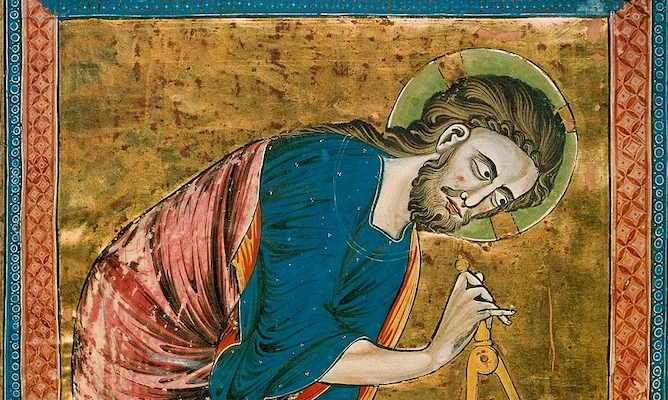
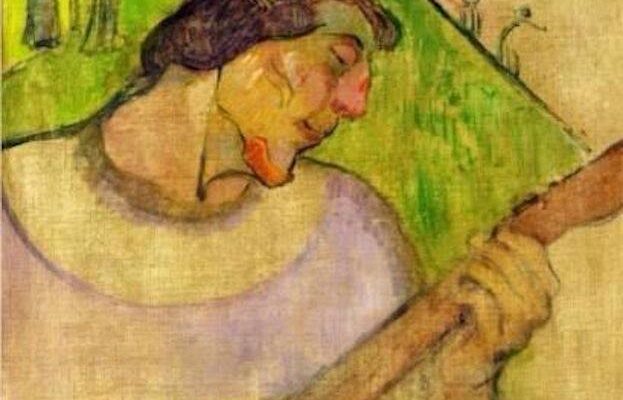
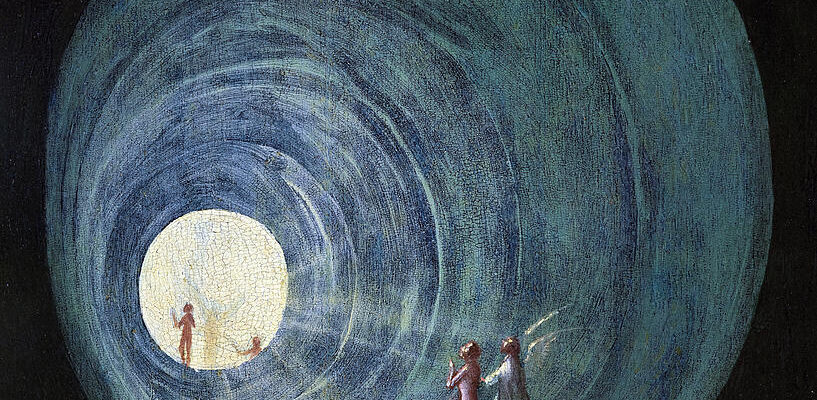


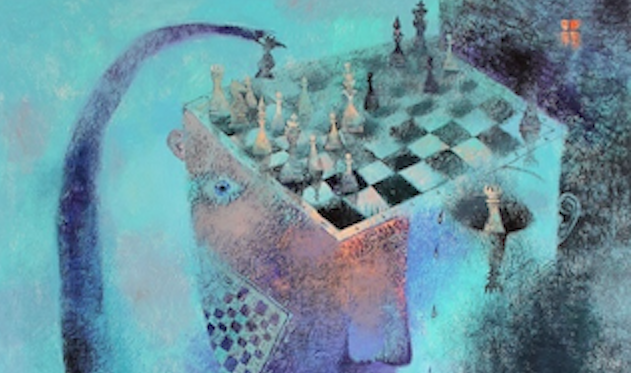
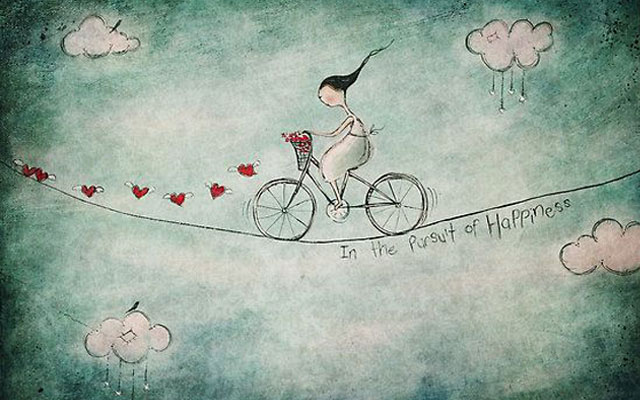





Social Profiles